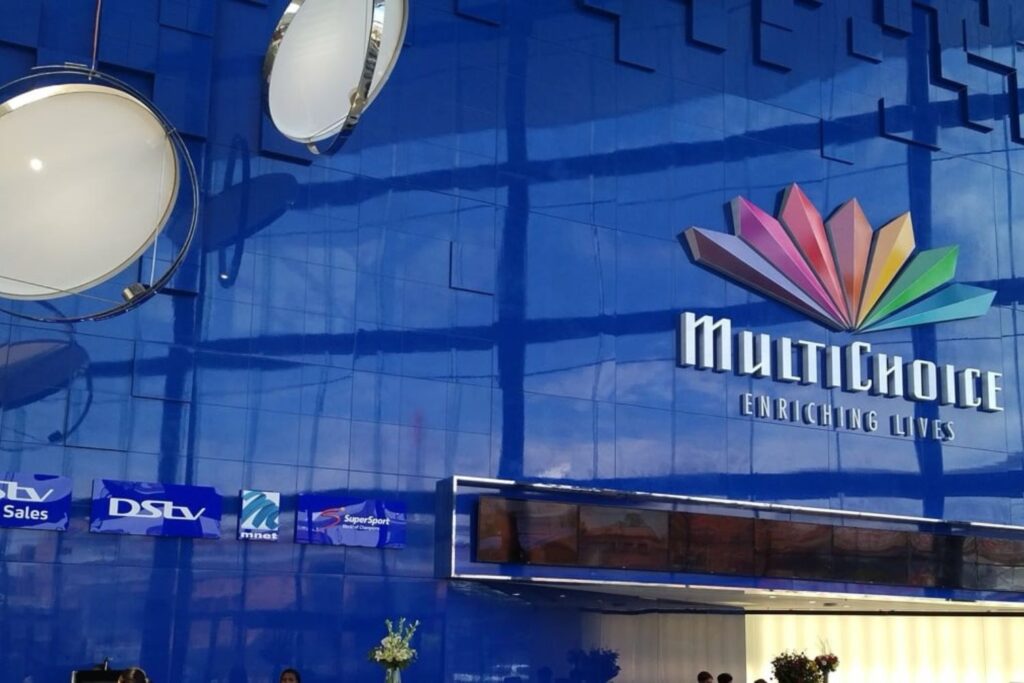
Picture: Supplied
DStv has marked 30 years in business amid significant challenges, including stiff competition, declining subscriber numbers, and financial pressures from economic and currency instability.
When South Africans turned on their televisions in October 1986, M-Net broadcast only a few hours each night as an encrypted analogue channel.
Less than a decade later, on 6 October 1995, MultiChoice launched DStv: only the second digital satellite service in the world, and the first outside the US.
Competition
However, the satellite channel is facing intense competition from several streaming services, including Netflix, Amazon Prime Video, Apple TV, and Disney+, among others.
Byron du Plessis, CEO, PayTV South Africa at MultiChoice, said they are proud of the role DStv has played in South African homes.
“Our story has always been tied to the country’s own – from the early days of Open Time in the 90s, through the 1995 Rugby World Cup and the dawn of democracy, to today’s iconic local shows and unforgettable sporting moments.
“Thirty years on, our commitment remains the same. We will continue to connect South Africans through great content, trusted service and real value, while reflecting the diversity and vibrancy of our nation,” du Plessis said.
NOW READ: Foldable truths: What South Africans want from their next smartphone
Viewing habits
With 30 years of heritage behind it, DStv now enters a new chapter, with CANAL+, du Plessis acknowledges that viewing habits have changed.
“While technology, viewing habits and platforms have evolved, what has not changed is our purpose: bringing people together through content that matters.”
What started in a caravan in Randburg grew alongside the country itself: by 2005 DStv had reached one million subscribers; by 2010, that figure had climbed to 2.4m families. Today, over 14m homes across Africa – from Johannesburg to Lagos to Nairobi.
Subscribers
However, the proliferation of international streaming giants like Netflix, Amazon Prime Video, and Disney+ has disrupted DStv’s market dominance, particularly among its once-lucrative premium subscribers.
Economic hardships have also reduced consumer spending, leading to a significant decline in DStv’s active subscriber base across all market segments.
Internal and external pressures, including rising content costs and the recent Canal+ takeover, present new uncertainties for the company
NOW READ: Super Mario Galaxy and Super Mario Galaxy 2 blast off on Nintendo Switch





